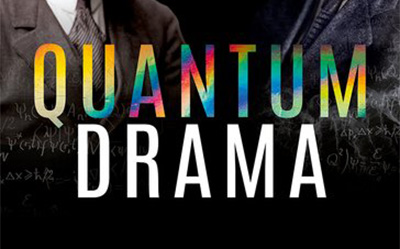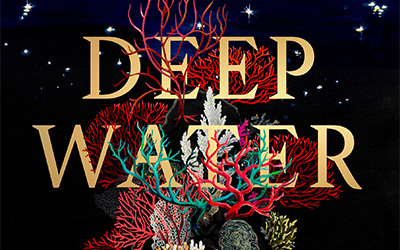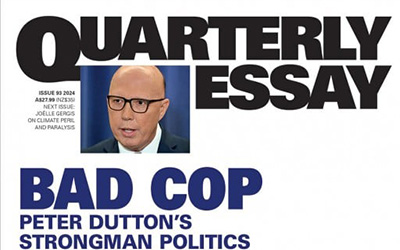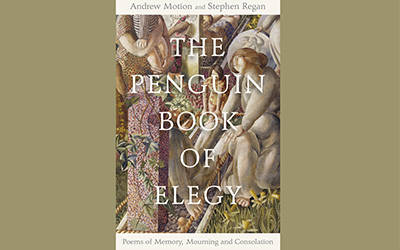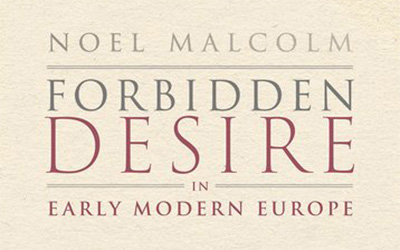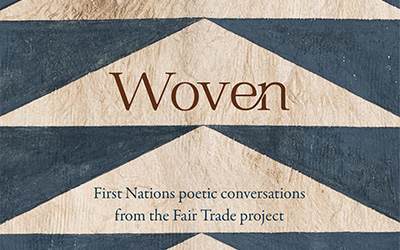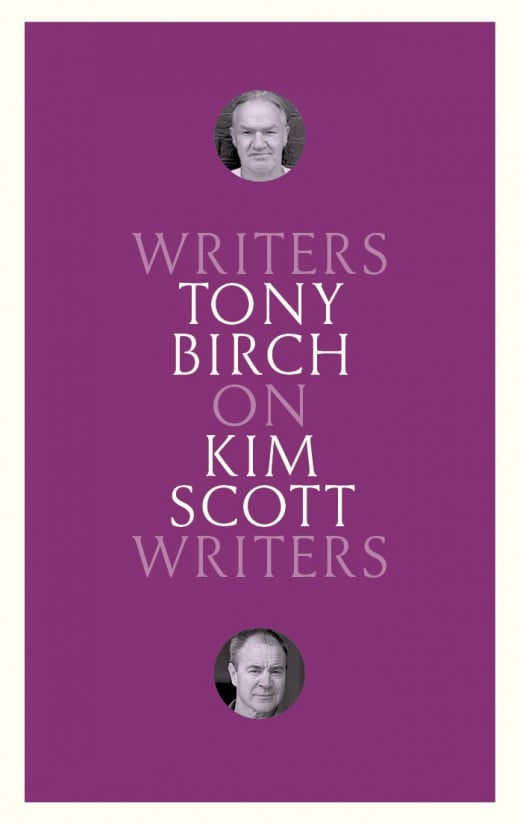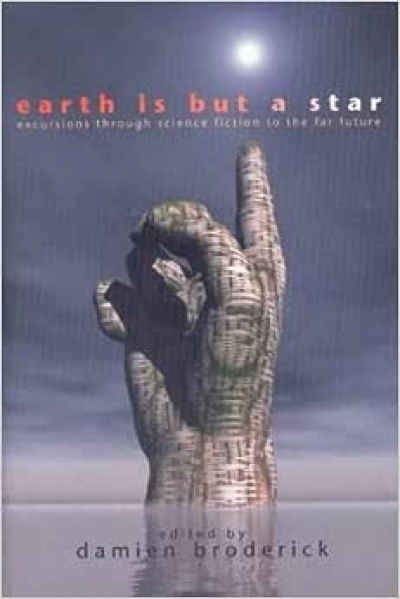History
Missing Persons, Or My Grandmother’s Secrets by Clair Wills
When amateur historian Catherine Corless wrote in the Journal of the Old Tuam Society (2012) that the bodies of 796 children who had died in Tuam’s Mother and Baby Home between 1925 and 1961 might have been interred in a disused septic tank within the home’s grounds, she supposed her involvement in the search for truth would be at an end. The article, she expected, would prompt academics, politicians, and law enforcement agencies – not to mention the Bon Secours nuns who ran the home – to begin their own inquiries.







